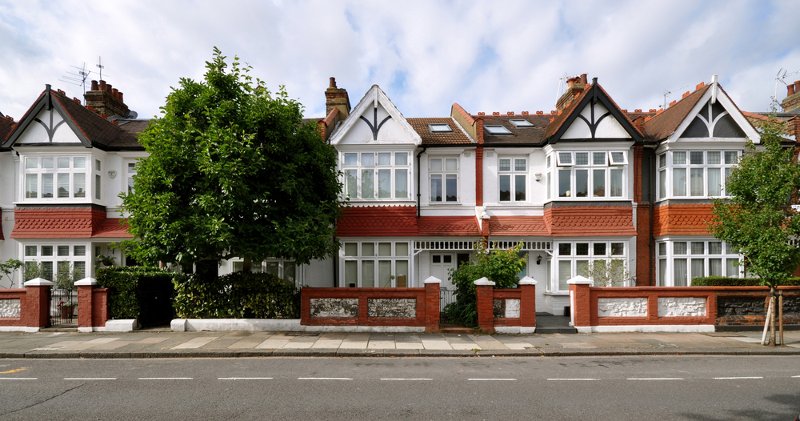Landlords with between six and 20 properties in their portfolio have increasedmarket sharefrom 35% to 39%, Paragon’s latest PRS Trends research found.

Landlords with between six and 20 properties in their portfolio have increasedmarket sharefrom 35% to 39%, Paragon’s latest PRS Trends research found.
This follows a drop in the proportion of landlords in the three to five property bracket at the end of 2017, down from 26% to 24%.
It indicates the potential for a growing polarisation between small scale landlords and those with more substantial portfolios.
John Heron, managing director of Mortgages at Paragon said:“Our latest survey demonstrates how tax and regulatory changes are beginning to drive changes in landlord behaviour, with evidence of polarisation between small landlords and those with more substantial portfolios beginning to emerge.
“Our own experience highlights that landlords with larger portfolios need access to products that cater for landlords with more complex requirements and broader underwriting expertise, increasing the role for specialist lenders in the buy-to-let market.”
Landlords at the top end have also been resizing, with a fall in landlords with over 50 properties, down from 6% to 4%, and an overall reduction in the average portfolio size from 13.1 to 11.6 properties.
Portfolio resizing appears to be one of a variety of tactics being adopted by landlords to adapt to regulatory and fiscal changes in the buy-to-let sector, with reductions in portfolio gearing and rent increases also playing an important role.
Average portfolio gearing,which measures the loan-to-value ratio of a property portfolio, reduced from 35% to 32% compared with three months ago, falling from a peak of 43% in 2012. This is its lowest level since Paragon’s PRS Trends survey began in 2001.
Meanwhile, almost a quarter (24%) of landlords reported that they had increased rent in the last three months.
They also said they were spending an increased proportion of their rental income on mortgage costs, up to 30% of income from 26% at the end of 2017.



